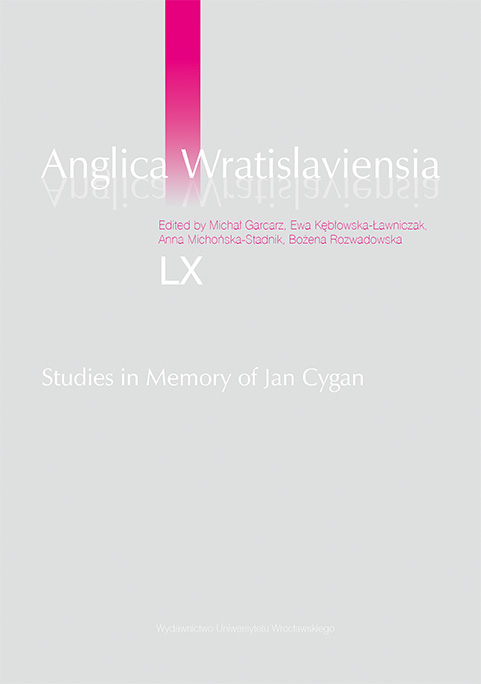On the Diminutivisation of Polish Nouns: Small Is Not Always Beautiful
On the Diminutivisation of Polish Nouns: Small Is Not Always Beautiful
Author(s): Elżbieta TabakowskaSubject(s): Language studies, Language and Literature Studies, Western Slavic Languages
Published by: Wydawnictwo Uniwersytetu Wrocławskiego
Keywords: basic level; category prototype; cognitive mechanism; conceptual integration; polysemy; entrenchment; metonymy; metaphor; nominal diminutive; diminutive suffix
Summary/Abstract: Situated at the interface between grammar, semantics and discourse, the cornerstone of the cognitivist approach to language and grammar, the paper presents some interrelations between these fields. As an illustration, the author analyzes some aspects of the morphological category of Polish diminutive. Like in other Slavic languages, it is highly productive; Polish diminutivises adjectives, adverbs, pronouns and verbs, but it is the noun that undergoes the process most easily and most frequently. The analysis focuses on the most productive type of nominal structures, i.e., synthetic diminutives. The discussion is inspired by Ronald Langacker’s cognitive grammar, and it is within this framework that the analysis presented in the paper is carried out, with the aim of describing cognitive processes that underlie, and give rise to, the polysemy of diminutive structures. Analysed from the cognitivist point of view, diminutivisation can be seen as making use of the same basic cognitive mechanisms that are operative in other areas of language production and use: metonymy, metaphor and blending.
Journal: Anglica Wratislaviensia
- Issue Year: 60/2022
- Issue No: 1
- Page Range: 59-70
- Page Count: 12
- Language: English

